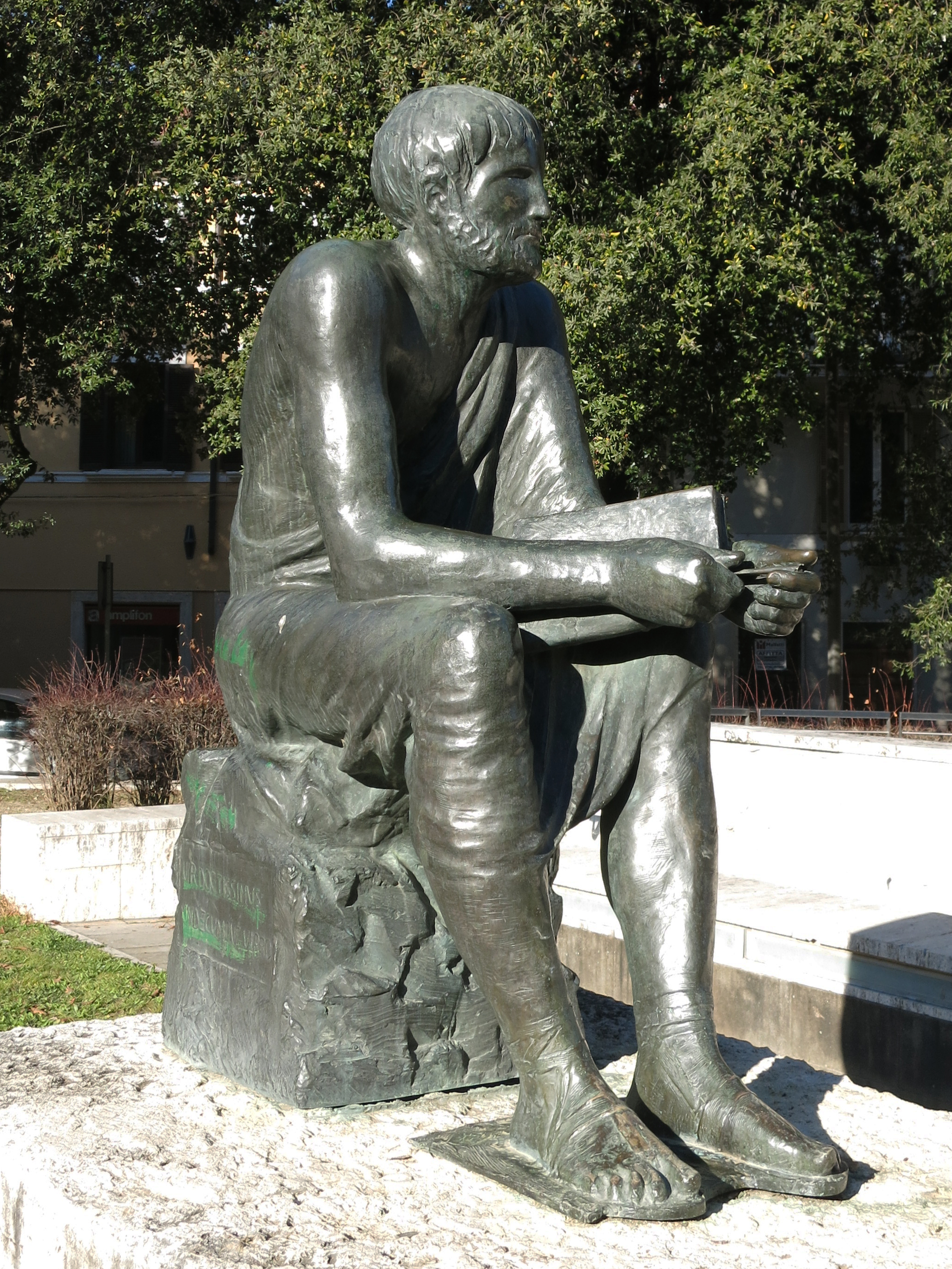“It was divine nature which gave us the country, and man's skill that built the cities.”
Divina Natura dedit agros, ars humana ædificavit urbes.
Marcus Porcius Cato on Agriculture : Marcus Terentius Varro on Agriculture. W.D. Hooper & H.B. Ash. (translation). Harvard University Press, 1993. Bk. 3, ch. 1
De Re Rustica
